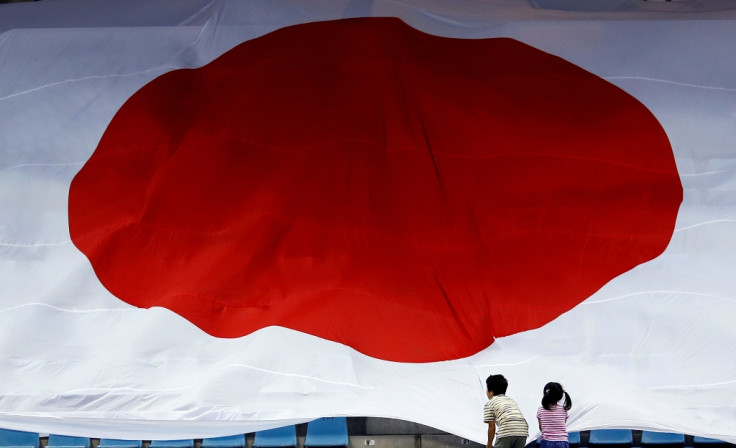Japan: Sales Tax Hike Boosts Inflation to 23-Year High but Hammers Spending

Japanese data has revealed that consumer prices struck a 23-year high in April 2014, in the wake of the 1 April sales tax hike, a positive development in Tokyo's near two-decade long battle against deflation.
But higher prices resulted in a bigger-than-expected drop in consumer spending and a higher-than-expected slowdown in factory activity in April, raising concerns about the pace of economic recovery in the world's third-largest economy.
Inflation
Government data showed Japan's core consumer price index, which excludes fresh foods, shot up 3.2% on an annual basis in April, the fastest gain since February 1991, after the sales tax hike raised prices across the board.
Consumer Spending
But higher prices weighed down on spending.
Household spending fell 4.6% on an annual basis in April, the fastest yearly decline since March 2011, when a powerful earthquake triggered a tsunami responsible for the Fukushima nuclear disaster.
On a month-on-month basis, spending in April tanked 13.3% over March 2014.
The markets had expected a 3.2% annual decline in April following the three percentage point increase in the nation's sales tax rate to 8%. Economists had forecast a 13% month-on-month drop.
Industrial Output
Factories, anticipating lower consumer demand, cut production to prevent a pile up of inventory.
Industrial output dropped 2.5% in April while the markets had estimated a 2% drop.
Jobless Rate
In separate data, April's seasonally adjusted unemployment rate held steady at 3.6%.
Analyst Take
Bill Adams, international economist for PNC Financial Services Group said in a note: "…Japan is giving back much of the first quarter's strong growth in the second quarter of 2014 - no surprise there.
"The tax hike is weakening the economy in the second quarter, but the Bank of Japan is unlikely to respond unless the unemployment rate moves up."
"The realization that the Bank of Japan is unlikely to loosen further, combined with the decoupling of US long term interest rates from reasonable forecasts of future [US Federal Reserve] policy, has helped the yen strengthen to back under 102 in May.
"As confidence builds in the US recovery and the Fed taper continues, the wedge between the Japanese and U.S. monetary stances will widen, likely sending the yen weaker to around 105 per USD by year-end 2014," Adams added.
Commerzbank Corporates & Markets said in a note: "The Japanese rate of [headline] inflation jumped to 3.4% in April. That sounds a lot, but it isn't. It is slowly emerging that Japanese companies did not use the VAT hike to raise prices on a large scale.
"First of all the national data for April illustrates that only 60% of the costs of the tax hike were passed on to the consumer. That is below the rule of thumb applied by economists who usually expect about two thirds. As a result the national data has confirmed the image painted by the data from Tokyo last month…
"Of course [30 May's] data does not give any details as to the extent to which we might see secondary and second round effects in the Japanese economy. What does become clear though is that Japanese companies still find it difficult to raise prices. As a result extensive secondary and second round effects are unlikely."
"The government under Prime Minister Shinzo Abe has committed itself to higher inflation. [30 May's] data therefore suggests that medium term the Bank of Japan will become even more expansionary. At that stage things will get uncomfortable for JPY even though as usual it did not react to today's macro data," Commerzbank added.
© Copyright IBTimes 2025. All rights reserved.






















